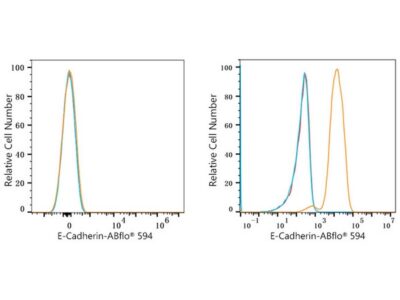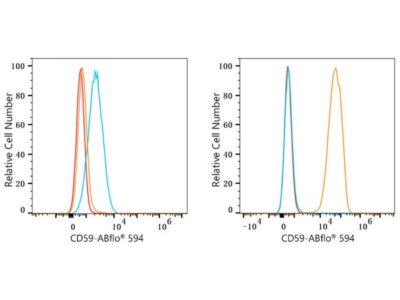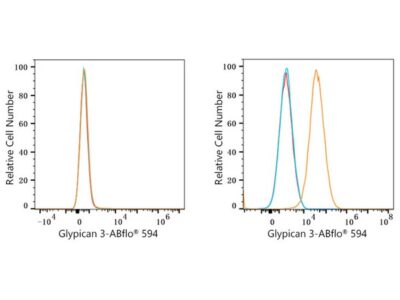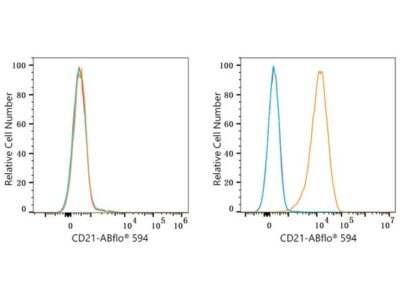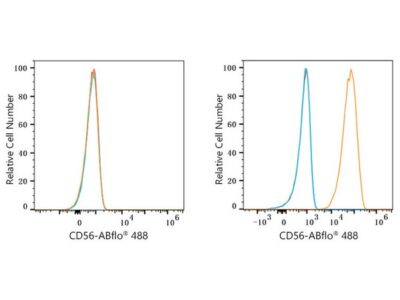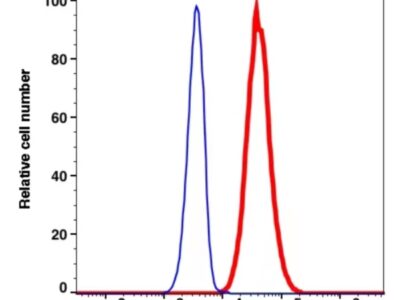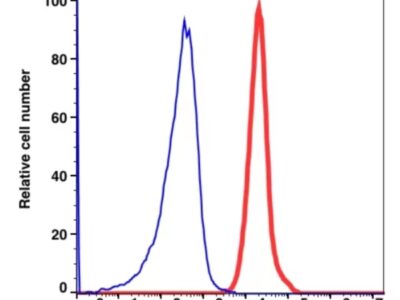ABflo® 594 Rabbit anti-Human E-Cadherin/CD324 mAb (A23364)
Abclonal ABflo® 594 Rabbit anti-Human E-Cadherin/CD324 mAb (Catalog Number: A23364) encodes a classical cadherin of the cadherin superfamily. Alternative splicing results in multiple transcript variants, at least one of which encodes a preproprotein that is...

